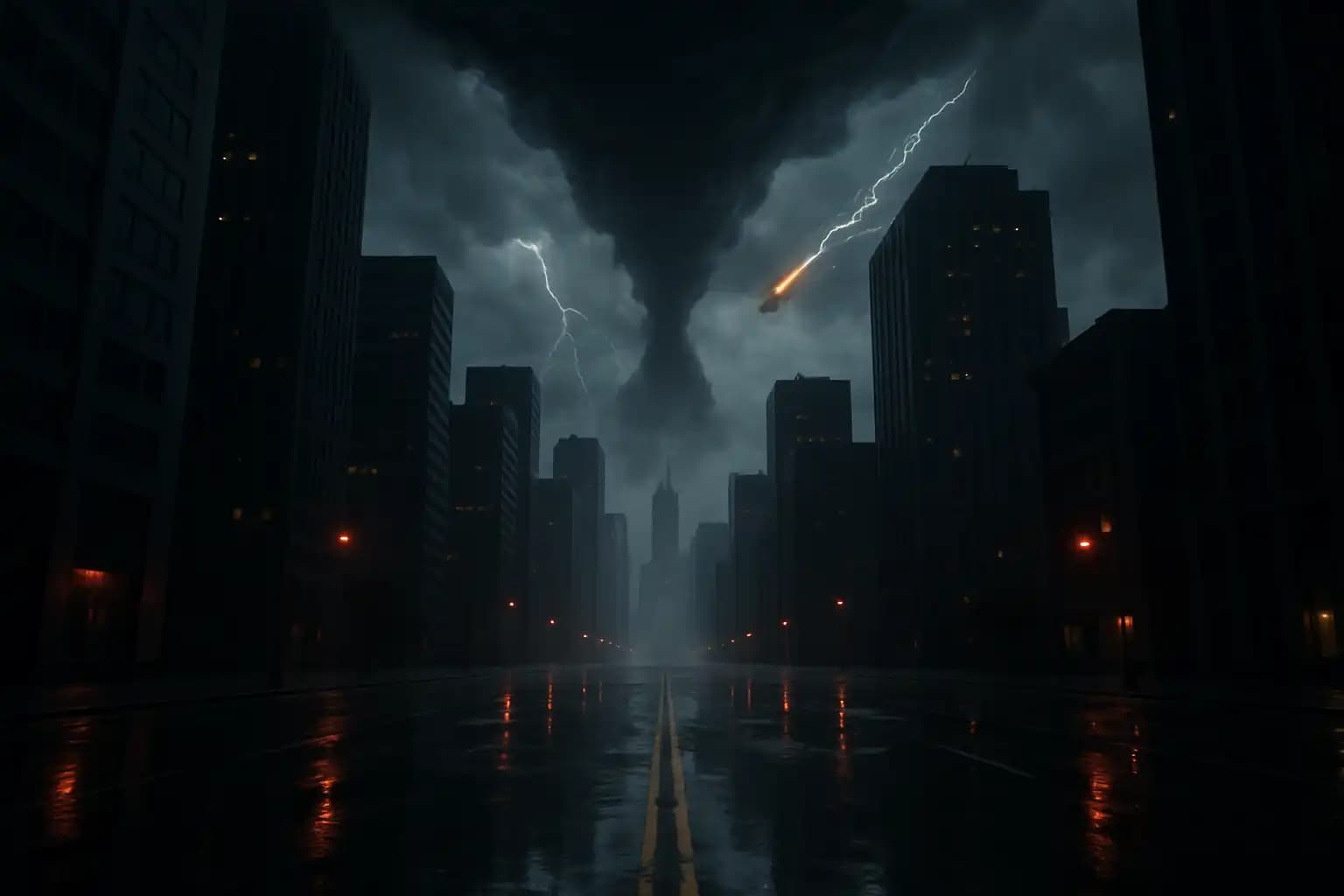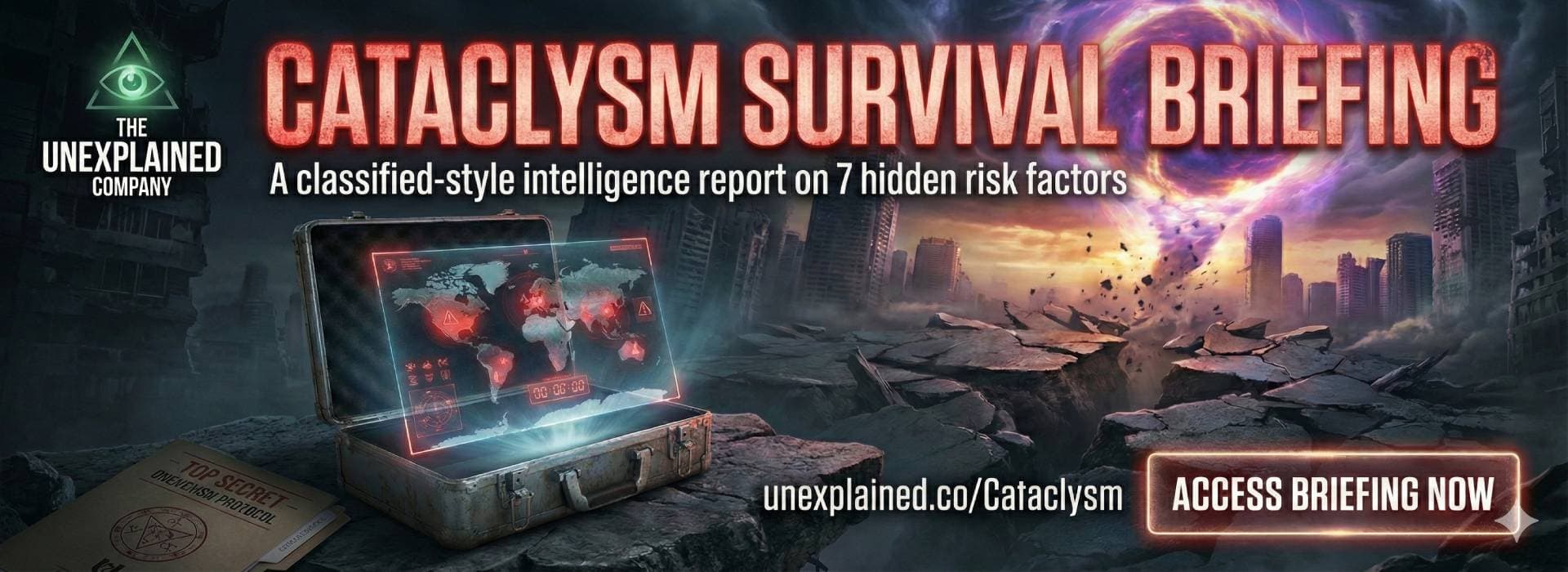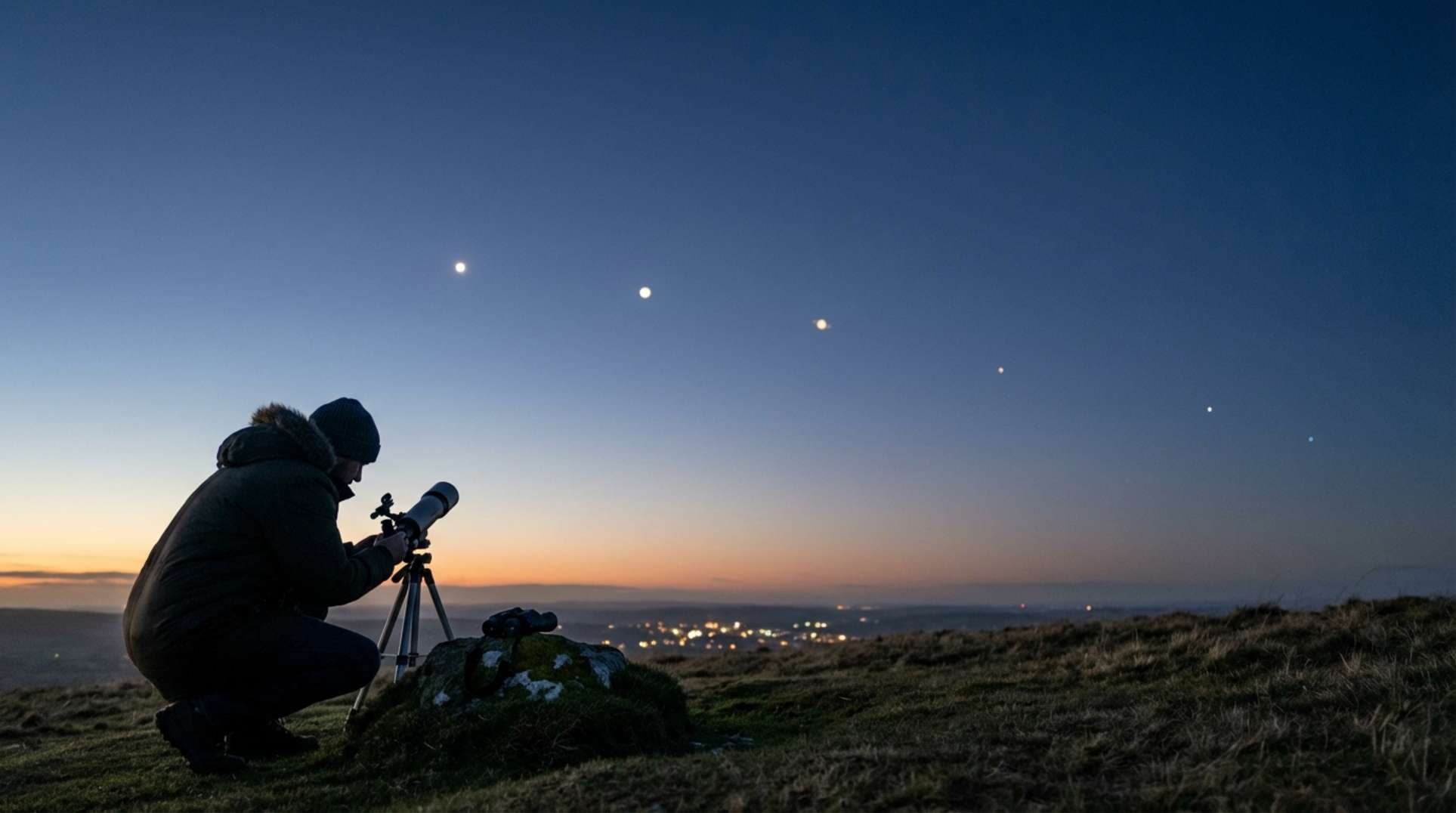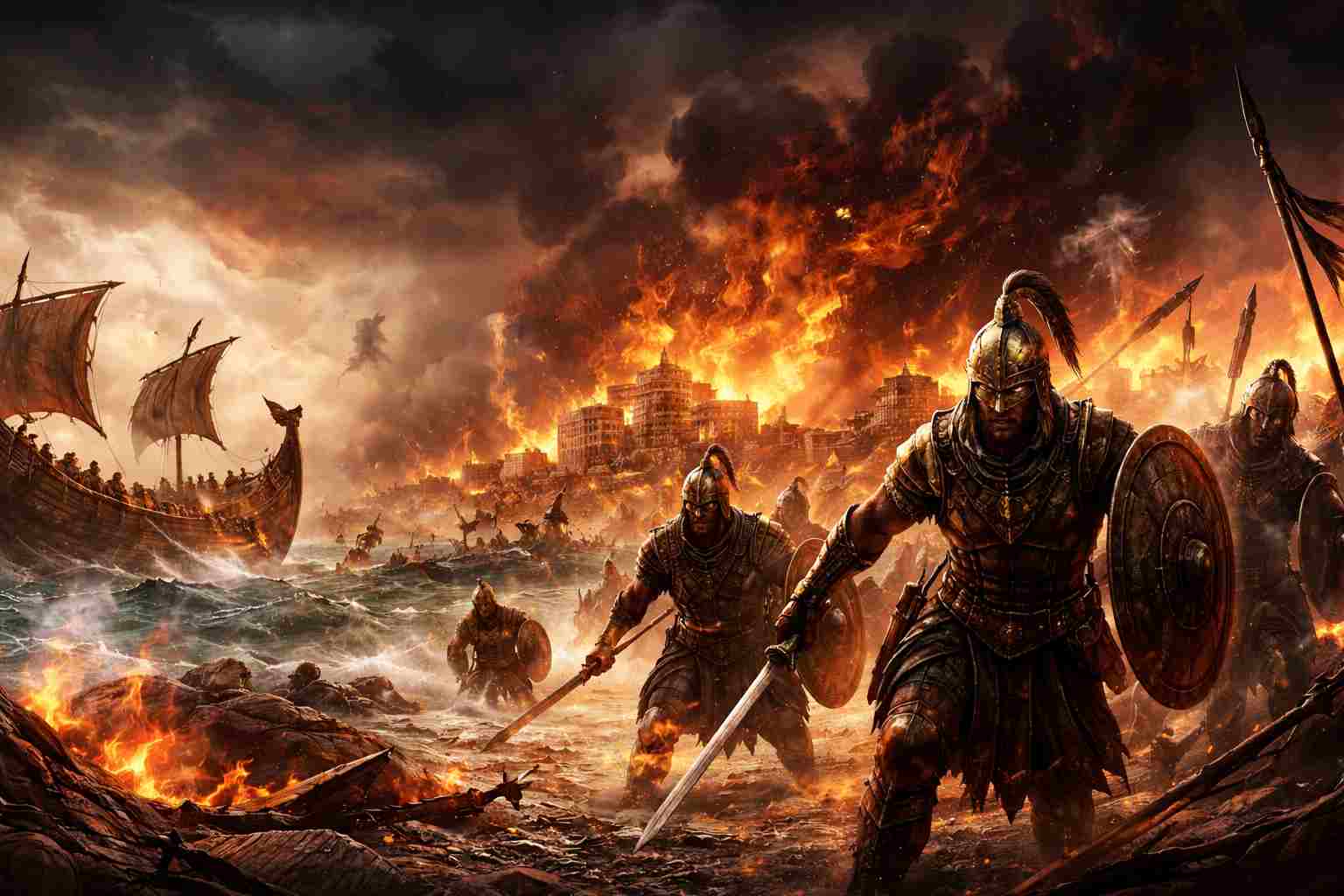1. Apocalypse Fatigue—or Genuine Countdown?
You have heard the warnings: four horsemen, seven trumpets, nukes in suitcases, grids on life support. A generation raised on disaster flicks scrolls through headlines that feel ripped from a director’s storyboard. Is the planet truly spinning into its final scene, or have we all overdosed on adrenaline and algorithms? Let’s test the evidence before we write our collective epitaph.
2. The Ground Beneath Our Feet Won’t Sit Still
Seismic networks ping hourly with quakes once labeled “once-in-a-decade.” Magma domes heave under giant calderas, including the restless one documented here: recent field notes. Satellite gravimetry suggests underground reservoirs of pressurized gas creeping upward. Volcanologists insist a mega-eruption remains unlikely tomorrow, just like engineers claimed that famous unsinkable liner would never meet an iceberg. When geysers belch twice as high and bison stampede for flatlands, I keep the engine running.
An even stranger riddle lurks a few thousand kilometers west, where spelunkers chart caverns large enough to hold skyscrapers. New footage from desert tunnels appears in reports such as this excavation brief. If Earth’s crust hides voids that size, it also hides pressures we have barely begun to gauge.
3. Above Us, the Magnetic Shield Frays
Flip a compass near the South Atlantic and watch the needle twitch like a caffeinated squirrel. The magnetic field in that region thins enough to rattle satellites and seed rumors of an impending pole flip. Researchers tracking anomalies outline worst-case scenarios in overviews including this deep dive. If the field keeps bleeding strength, the next solar tantrum could torch every unshielded transformer it meets. Grid operators order spare parts; preppers buy Faraday bags.
4. Digital Shepherds and Electric Fences
While the skies rage, our cities sprout sensors. Lamppost cameras connect to machine-learning engines that score your gait, face, and license plate. A single firmware patch can upgrade a harmless traffic counter into a tool of mass profiling, as documented in analytical leaks like this case file. Apocalypse used to mean meteor impacts; now it might arrive as a silent server update that decides who buys bread.
If you doubt such overreach, skim the purchase orders: public procurement scans reveal small towns buying technology once reserved for intelligence agencies. Remember when sci-fi writers warned us about all-seeing eyes? They underestimated city budgets.
5. Rumors of War—And Not So Rumored
Missiles test-fire across disputed borders as diplomats self-congratulate on “fruitful dialogue.” An accidental radar glitch could launch hypersonic toys that outrun decision cycles. Analysts refer to subcontinental tension maps, accessible via unredacted cables, showing both sides on hair-trigger alert. History books love to frame apocalypse with big bangs; modern warfare promises a chain reaction of smaller bangs that still blacken the sky.
6. Climate Chaos and the Grand Supply Crunch
Meanwhile, storms chew through coastlines while droughts bake breadbaskets. Agronomists predict grain deficits large enough to spark riots, as documented in open-access tables like this projection. Add fragile logistics—those neat lines of shipping containers that get stuck behind one wobbly canal tanker—and dinner prices climb faster than sea level.
Factories for fertilizer and microchips need steady power. If a solar flare flips breakers, shelves empty before doomcasters finish their podcast intros. You will eat lentils and like it, assuming your phone—now a glorified brick—still displays recipes.
7. Cosmic Punches We Can’t Block
Astrophysicists upgrade near-Earth object watchlists weekly. One house-sized asteroid squeaks past at lunar distance, and Twitter imagines Bruce Willis suiting up. Scientists assure us the probability is low, yet they quietly expand bunker funding. The real gut punch may come from the Sun itself. Cycle 25 spikes higher than projected; magnetometers across labs hum like angry bees. Peer-reviewed risk models, searchable here space-weather audits, estimate economic fallout of a Carrington-class storm at trillions. Forget your crypto; you’ll barter batteries for rice.
8. Psychology of Doom—and How to Hack It
Doom sells ads, but it also corrodes focus. Neuroscientists link chronic doomscrolling to dopamine depletion and decision paralysis. Want functional fear? Turn anxiety into muscle memory: pack a go-bag, learn to shut off your home’s gas line, memorize an evacuation route that avoids highway choke points. Action upgrades nerves into preparedness.
Community counts too. Neighborhood tool libraries and radio nets outperform lone-wolf bunkers once the canned chili runs out. History’s disaster survivors share resources, not hashtags. Volunteer for a local CERT drill and laugh at memes later.
9. Five Minimalist Moves Before Midnight
Water First. Store 15 gallons per person and a gravity filter. You can live without Wi-Fi, not hydration.
Power Backup. A small solar generator keeps medical devices, comms, and morale alive.
Paper Maps. GPS might vanish faster than hope. Print regional charts and mark backroads.
Data Cache. Download survival manuals, receipts, and IDs to an encrypted thumb drive in a Faraday pouch.
Social Web, Not Social Media. Trade phone numbers with neighbors and local farmers. Trust networks beat news feeds when fiber lines snap.
10. Final Assessment: Harbingers or Hype?
Maybe humanity will dodge every bullet: geomagnetic storms will fizzle, volcanoes will simmer, and rival superpowers will discover mindfulness apps. Yet the convergence of risks is weird enough to jolt even stoic actuaries. Treat the “last days” phrase as an invitation, not a verdict: a call to upgrade resilience, refine ethics, and decide what you will protect when the sirens howl.
Conclusion: Keep One Eye on Heaven, One on Your To-Do List
If apocalypse knocks, it may sound like thunder under the ground, static on the airwaves, or the soft click of a card reader denying your purchase. You can’t unplug Earth’s core or negotiate with solar plasma, but you can fill water cans, back up files, and learn your neighbor’s name. Civilization could crumble one system at a time—or none at all—but readiness never subtracts from life. It multiplies it.
For unfiltered dossiers, leaked datasets, and more sardonic survival tips, keep refreshing Unexplained.co—assuming the grid still hums tomorrow.





